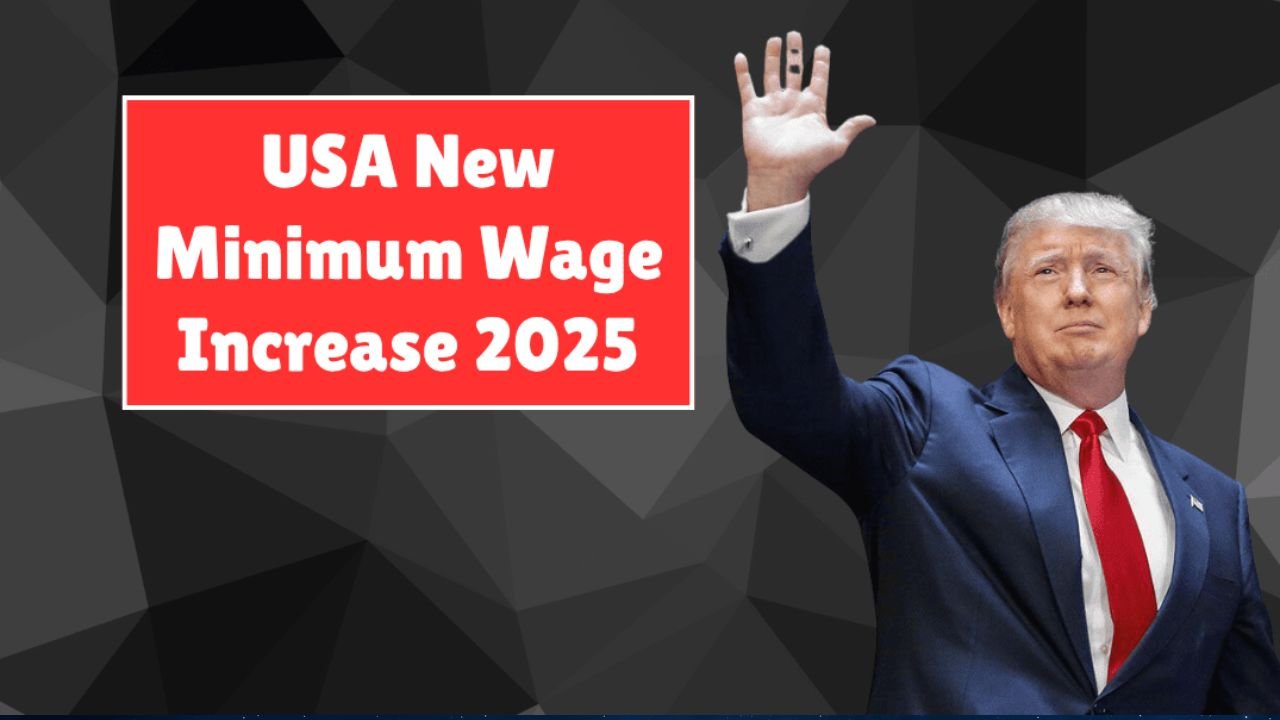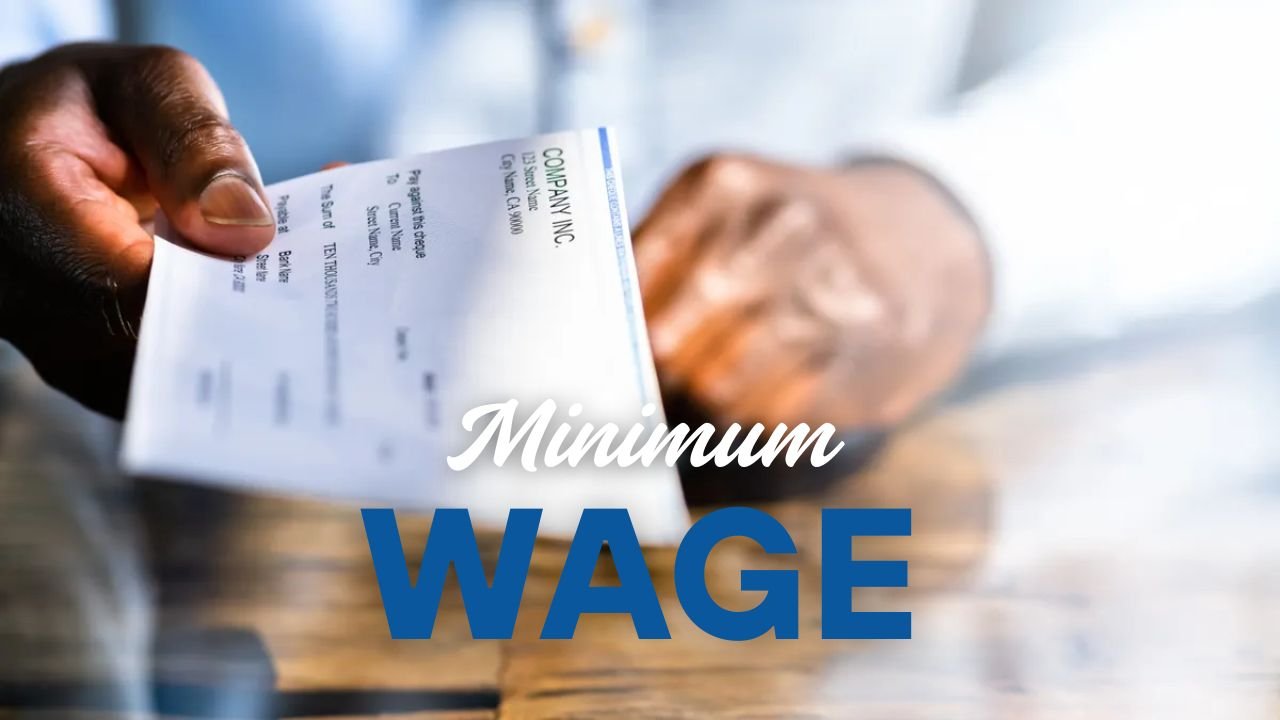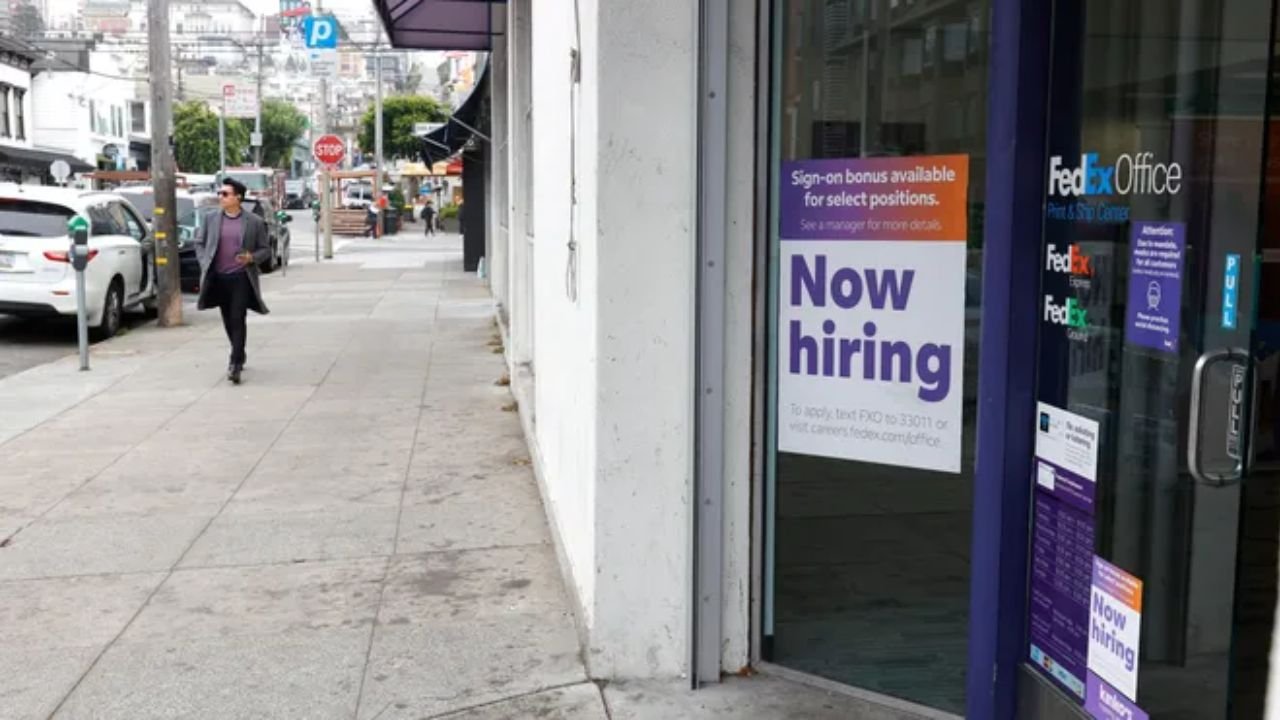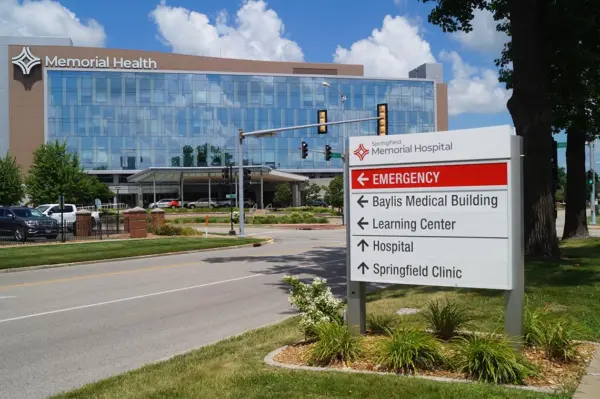ILLINOIS — A 2020 promise that healthcare for undocumented seniors would cost Illinois just $2 million per year has proven dramatically inaccurate, with state Medicaid spending for the program now exceeding $623 million, based on official data through FY2024.
The program, known as Health Benefits for Immigrant Seniors (HBIS), was introduced as part of Illinois’ FY2021 budget implementation, which granted Medicaid access to noncitizens aged 65 or older with incomes under the federal poverty level. It was championed by then-State Rep. Delia Ramirez, who claimed during budget negotiations that the cost would be minimal.
“The coverage will save the state money in the long run, costing about $2 million, which in her opinion is nothing to a $2 billion Medicaid bill,” Ramirez told lawmakers at the time, as quoted in an archived news excerpt.
Actual Annual Costs Reveal Massive Budget Gap
Newly released budget charts show the following HBIS spending totals:
-
FY2021: $67.3 million
-
FY2022: $134.1 million
-
FY2023: $210.8 million
-
FY2024: $211.3 million
-
Total (4 years): $623.6 million
That total is more than 300 times the original $2 million/year estimate — making it one of the largest cost overruns among recent Illinois social programs.
A breakdown of the FY2024 Medicaid chart confirms HBIS (65+) as a separate line item distinct from expansions for younger undocumented age brackets, such as HBIA (55–64) and HBIA (42–54). Combined, the full Medicaid coverage for undocumented adults now totals over $1.6 billion from FY2021 through FY2024.
View the full cost chart here.
Critics Say Lawmakers Misled the Public
Critics argue the public was grossly misled about the financial implications of the expansion. The initial projection of $2 million annually was a key factor in securing support from hesitant lawmakers during the 2020 COVID-era budget negotiations.
With current-year costs at $211 million and growing, some lawmakers are now calling for eligibility rollbacks or program freezes, especially as the state faces a broader fiscal shortfall.
Supporters Defend the Expansion
Supporters of HBIS maintain that the program improves long-term outcomes by offering preventive care and reducing emergency room dependency for aging immigrants, many of whom contributed to the state economy but lack formal Medicare access.
However, even some advocates now acknowledge that cost modeling needs to be improved, especially when introducing new health expansions in tight budget cycles.
Should Illinois scale back undocumented senior healthcare — or invest further in it?
Join the conversation now at ChicagoSuburbanFamily.com and share your take on state spending and program accountability.














